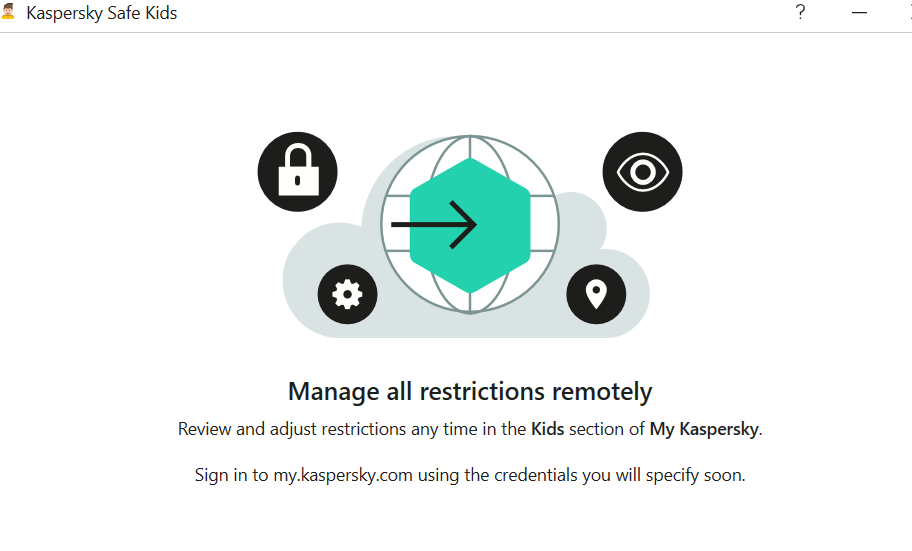VPNs Explained: How They Work and the Policy Status in India
What Is a VPN and its Significance
A Virtual Private Network (VPN) creates a secure and reliable network connection between a device and the internet. It hides your IP address by rerouting it through the VPN’s host servers. For example, if you connect to a US server, you appear to be browsing from the US, even if you’re in India. It also encrypts the data being transferred in real-time so that it is not decipherable by third parties such as ad companies, the government, cyber criminals, or others.
All online activity leaves a digital footprint that is tracked for data collection, and surveillance, increasingly jeopardizing user privacy. VPNs are thus a powerful tool for enhancing the privacy and security of users, businesses, governments and critical sectors. They also help protect users on public Wi-Fi networks ( for example, at airports and hotels), journalists, activists and whistleblowers, remote workers and businesses, citizens in high-surveillance states, and researchers by affording them a degree of anonymity.
What VPNs Do and Don’t
- What VPNs Can Do:
- Mask your IP address to enhance privacy.
- Encrypt data to protect against hackers, especially on public Wi-Fi.
- Bypass geo-restrictions (e.g., access streaming content blocked in India).
- What VPNs Cannot Do:
- Make you completely anonymous and protect your identity (websites can still track you via cookies, browser fingerprinting, etc.).
- Protect against malware or phishing.
- Prevent law enforcement from tracing you if they have access to VPN logs.
- Free VPNs usually even share logs with third parties.
VPNs in the Context of India’s Privacy Policy Landscape
In April 2022, CERT-In (Computer Emergency Response Team- India) released Directions under Section 70B (6) of the Information Technology (“IT”) Act, 2000, mandating VPN service providers to store customer data such as “validated names of subscribers/customers hiring the services, period of hire including dates, IPs allotted to / being used by the members, email address and IP address and time stamp used at the time of registration/onboarding, the purpose for hiring services, validated address and contact numbers, and the ownership pattern of the subscribers/customers hiring services” collected as part of their KYC (Know Your Customer) requirements, for a period of five years, even after the subscription has been cancelled. While this directive was issued to aid with cybersecurity investigations, it undermines the core purpose of VPNs- anonymity and privacy. It also gave operators very little time to carry out compliance measures.
Following this, operators such as NordVPN, ExpressVPN, ProtonVPN, and others pulled their physical servers out of India, and now use virtual servers hosted abroad (e.g., Singapore) with Indian IP addresses. While the CERT-In Directions have extra-territorial applicability, virtual servers are able to bypass them since they physically operate from a foreign jurisdiction. This means that they are effectively not liable to provide user information to Indian investigative agencies, beating the whole purpose of the directive. To counter this, the Indian government could potentially block non-compliant VPN services in the future. Further, there are concerns about overreach since the Directions are unclear about how long CERT-In can retain the data it acquires from VPN operators, how it will be used and safeguarded, and the procedure of holding VPN operators responsible for compliance.
Conclusion: The Need for a Privacy-Conscious Framework
The CERT-In Directions reflect a governance model which, by prioritizing security over privacy, compromises on safeguards like independent oversight or judicial review to balance the two. The policy design renders a lose-lose situation because virtual VPN services are still available, while the government loses oversight. If anything, this can make it harder for the government to track suspicious activity. It also violates the principle of proportionality established in the landmark privacy judgment, Puttaswamy v. Union of India (II) by giving government agencies the power to collect excessive VPN data on any user. These issues underscore the need for a national-level, privacy-conscious cybersecurity framework that informs other policies on data protection and cybercrime investigations. In the meantime, users who use VPNs are advised to choose reputable providers, ensure strong encryption, and follow best practices to maintain online privacy and security.
References
- https://www.kaspersky.com/resource-center/definitions/what-is-a-vpn
- https://internetfreedom.in/top-secret-one-year-on-cert-in-refuses-to-reveal-information-about-compliance-notices-issued-under-its-2022-directions-on-cybersecurity/#:~:text=tl;dr,under%20this%20new%20regulatory%20mandate.
- https://www.wired.com/story/vpn-firms-flee-india-data-collection-law/#:~:text=Starting%20today%2C%20the%20Indian%20Computer,years%2C%20even%20after%20they%20have














.webp)
